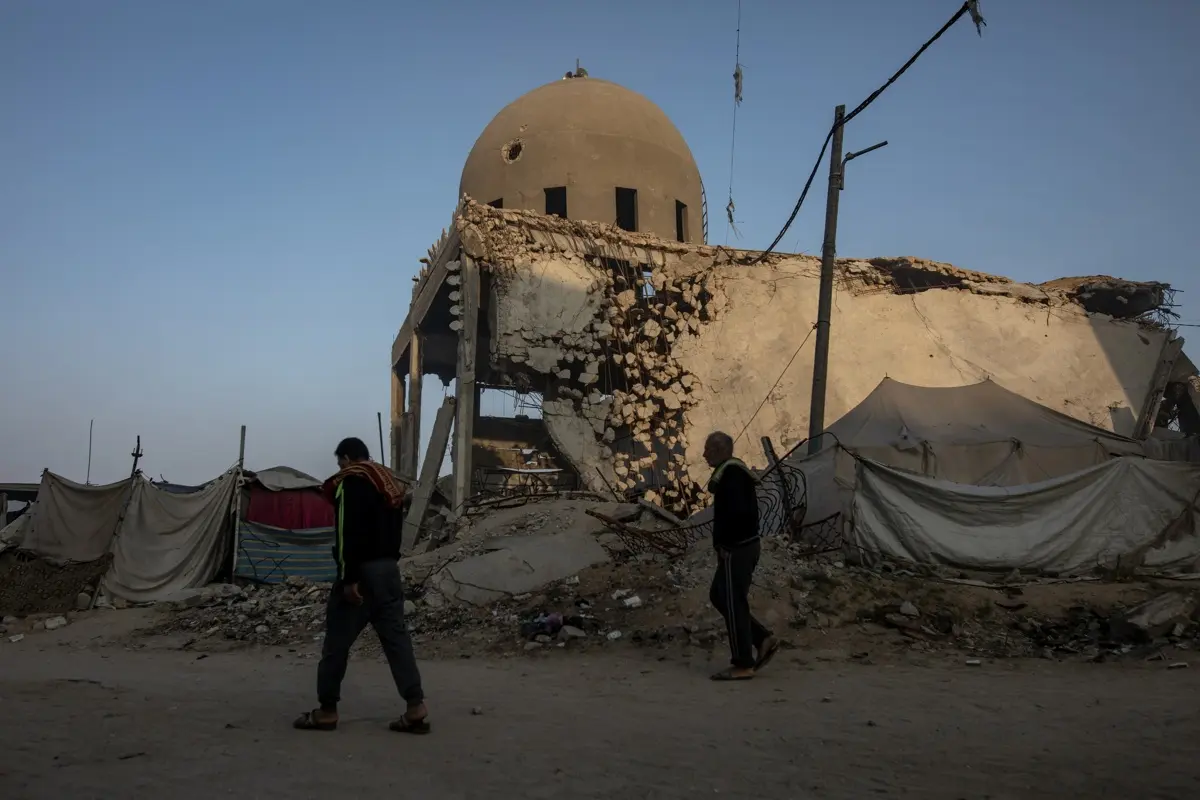Eid al-Adha: A Global Celebration of Faith, Community, and Tradition

Photo: The Ny Times
June 6, 2025 Hour: 1:49 pm
Eid al-Adha, also known as the Festival of Sacrifice, is one of the most significant celebrations in Islam, observed by over two billion Muslims worldwide.
Eid al-Adha honors the Prophet Abraham’s willingness to sacrifice his son in obedience to God. According to Islamic tradition, God intervened and provided a ram instead, symbolizing faith, devotion, and divine mercy.
The central ritual of Eid al-Adha is the sacrifice of an animal, typically a sheep, goat, cow, or camel. The meat is divided into three parts:
- One for the family
- One for friends and neighbors
- One for those in need
This tradition reinforces solidarity and generosity, ensuring that everyone, regardless of wealth, shares in the blessings of the holiday.
Eid al-Adha is celebrated differently across cultures:
- In Saudi Arabia, it coincides with the culmination of Hajj, the sacred pilgrimage to Mecca.
- In Indonesia, local mosques organize community meat distribution, fostering a spirit of cooperation.
- In Turkey, families gather for large feasts and national holidays.
- In Western countries, Muslim communities adapt the celebration to urban settings, hosting events in Islamic centers.
Economic and Social Impact
The festival also has economic significance, with livestock markets booming and increased consumer spending on food, clothing, and gifts. However, discussions on animal welfare and sustainability have led some communities to opt for monetary donations instead of sacrifices.
Eid al-Adha is not just a religious event—it is a moment of unity, bringing together people of different backgrounds. Many Muslims invite non-Muslim neighbors to join in the festivities, fostering cultural understanding and mutual respect.
Author: OSG


